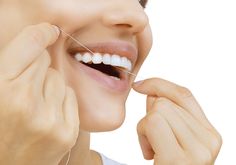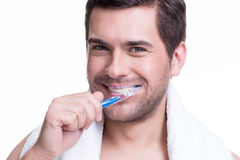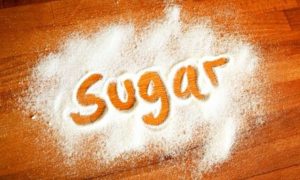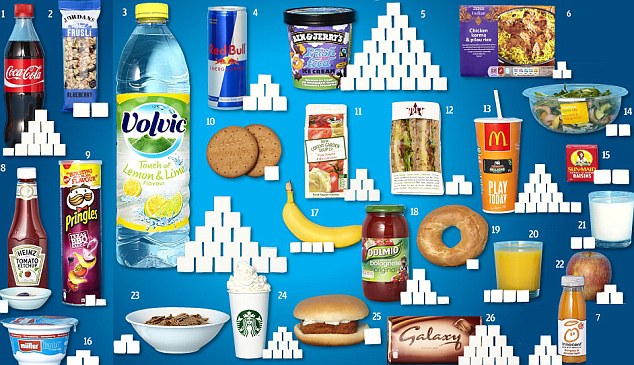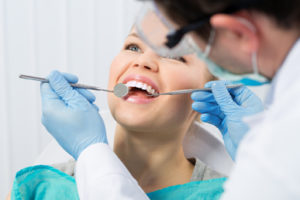Patients often ask, “Is flossing really that important? I do brush two times a day!” Brushing twice daily with fluoride toothpaste is an extremely important way to prevent tooth decay and gum disease. If you are doing this now, that is wonderful news to hear!
Even though brushing is an important step in proper hygiene maintenance, just doing this twice a day may not stop you from getting cavities.
Brushing the plaque from the tooth is helpful, but it is nearly impossible to get all of it this way.
Even patients with the best toothbrush techniques may develop cavities in between the teeth if they are not flossing. The toothbrush cannot get in between the teeth. That’s why daily flossing is so important.
Flossing once a day in addition to brushing twice a day with fluoride toothpaste is a great start. Ideally, flossing twice a day. each time your brush will show the best results and keep you most healthy.
How much sugar do you eat a day? Bonus Tip: Trapped Sugar Causes Decay
According to the American Heart Association in 2014 on average Americans were consuming near 20 teaspoons of sugar daily. This is more than double the amount we should be consuming! The American Heart Association reports that women should consume less than six teaspoons a day and the average mail no more than nine teaspoons daily.
A lot of the sugar we consume is hidden so we are unaware how much we actually are having. For example, sweet salad dressings like French dressing can have up to 7 grams of sugar in one serving. Even pasta sauce can have between 6 and 12 grams in one serving. This is more than a slice of cake!
Cavities start when we have sugary or carbohydrate-rich food that stays on our teeth and mixes with the acids that bacteria produces. This, in addition to habits like teeth grinding, dissolves and breaks down tooth enamel. Once enamel is worn through, the bacteria invades the softer inside portion of the tooth and causes the cavity.
This process does NOT take long, especially if you are snacking frequently. It’s not possible to brush and floss after each snack so another good tip is to cut down on the sugars and starches being eaten.
Go for your regular check-ups and cleanings so that the dental hygienist can remove the plaque that brushing and flossing could not reach.
If plaque builds then this will possibly lead to cavities. There is no way to avoid it. Brushing and flossing cannot get rid of 100% of the build up, so see your dentist regularly to remove what could not be reached and to catch anything early. If there is a cavity it’s always best and easiest cleaned early.

